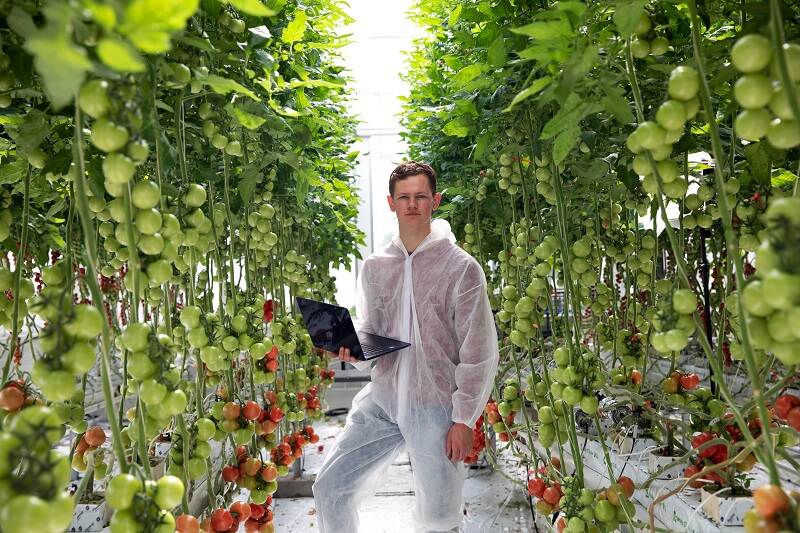Over half of Romanian youth will lack basic work skills by 2030
More than 60% of young people aged 15-24 globally (830 million people) will lack the skills needed for the labor market in 2030, including those for the transition to the green economy, as per the report Why the world needs to upskill young people to enable the net zero transition by PwC, UNICEF and Generation Unlimited.
These skills remain undeveloped simply because young people lack such basic resources like internet access and the absence of an education and training strategy for the labor market based on collaboration between governments, corporations and non-governmental organisations (NGOs).

‘Young people’s skills and therefore their performance in the labour market depend on the ability of education and learning systems to respond to employers’ demands. Although the overall unemployment rate in Romania is low, there is an employment gap between the young and the general population.’
‘Unfortunately, progress in integrating young people into the labour market has been modest over the last decade, showing the need for education policies adapted to economic transformations,’ said Dinu Bumbăcea, Country Managing Partner, PwC Romania.
In Romania, according to the country's National Institute of Statistics, in the third quarter of 2022, the unemployment rate reached 23.9% among young people (15-24 years) compared to the overall rate of 5.4%.
At the same time, the proportion of young people worldwide not in employment, education or training is currently at its highest level since 2005, according to the International Labour Organization (ILO), and the Covid-19 pandemic has deepened a learning and skills crisis that already existed.
The green economy offers a path to tackle youth unemployment and climate change
Estimates included in the report show that the green transition will create 8.4 million jobs for young people by 2030.
According to a PwC UK analysis, the multiplier for green jobs is 2.4—meaning that for every green job created, another 1.4 new jobs can be attributed to that green job, with a higher multiplier for the energy, utilities and manufacturing sectors.
The green transition is a transformation of how people work and in what kinds of jobs. Managing this change requires skilling, reskilling and upskilling, which will have a triple impact: they will help cut carbon emissions, reduce inequality and tackle the youth unemployment crisis, the report says.
The pressure to develop green economy skills is even more acute as the pace of carbon emission reductions needs to increase 11-fold compared to the global average achieved in the early 2000s to reach the Paris climate targets.
Source: www.zfenglish.com